From ideas to action: making the most of the FE White Paper
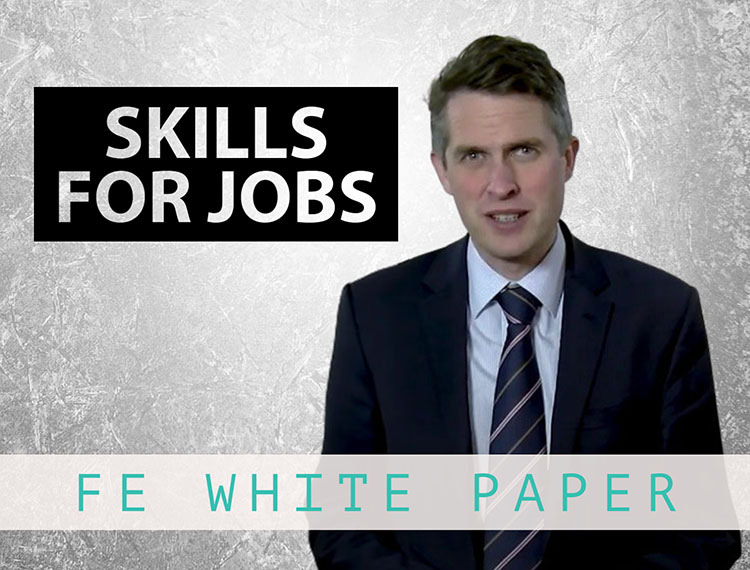
Education Secretary @GavinWilliamson launched the UK Government’s long-awaited Further Education White Paper, Skills for Jobs: Lifelong Learning for Opportunity and Growth, in January. It has had a mixed reaction from within the FE sector, with some welcoming the recognition it gave to the role of FE and skills and the scope for its development, while others were disappointed that it did not do more to support engagement with people furthest from formal education or employment or to articulate its reforms with other sectors and systems.
A new collection of essays commissioned by the Further Education Trust for Leadership (FETL) and supported by the education and skills think tank EDSK aims to capture the voices of the deliverers, and gain the perspectives of the sub-sectors that make up the world of FE and skills. It engages directly with those whose knowledge and expertise will be critical to ensuring the White Paper does not repeat mistakes of the past and delivers, in the end, meaningful and workable solutions to the problems we face.
The essay collection – From ideas to action – includes the views and insights of a wide range of colleagues, including sector leaders, practitioners and policy and curriculum specialists. They raise many issues that the Government must deal with, from the need to increase and stabilise funding to the importance of making sure the reforms add value to what is already there rather than replacing it; from the urgency of doing more to support young people, especially around employment, to the need to redesign the skills system to prioritise and incentivise collaboration over competition.
Dame Ruth Silver, President of FETL, said:
‘The essays demonstrate the delivery challenges ahead and the need to think holistically in our response as a sector. There is some promise in the White Paper, as the essays acknowledge, but, as they also show, in some respects it did not go far enough, for example in articulating with other areas of policy and across departments. It is important that the White Paper is seen as the beginning of a conversation and it is equally critical that the whole sector has its say and that each part of the sector is heard. That is why FETL commissioned these essays because we know the Government does not yet have all the answers. The Government, we must hope, knows this too and is willing to embrace the insights and ideas that these essay contributors and others can offer. After all, delivering the promise of the White Paper and making it work best for FE and the communities it serves is all our business. It starts here.’






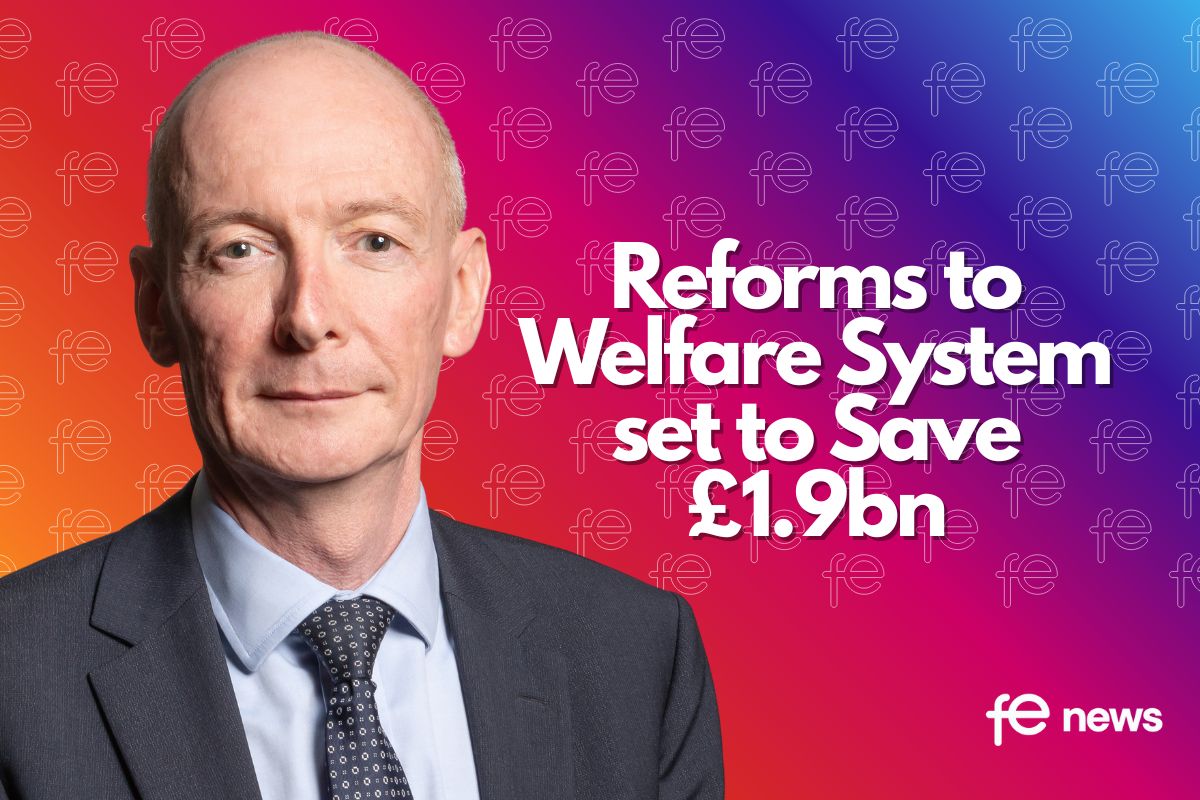
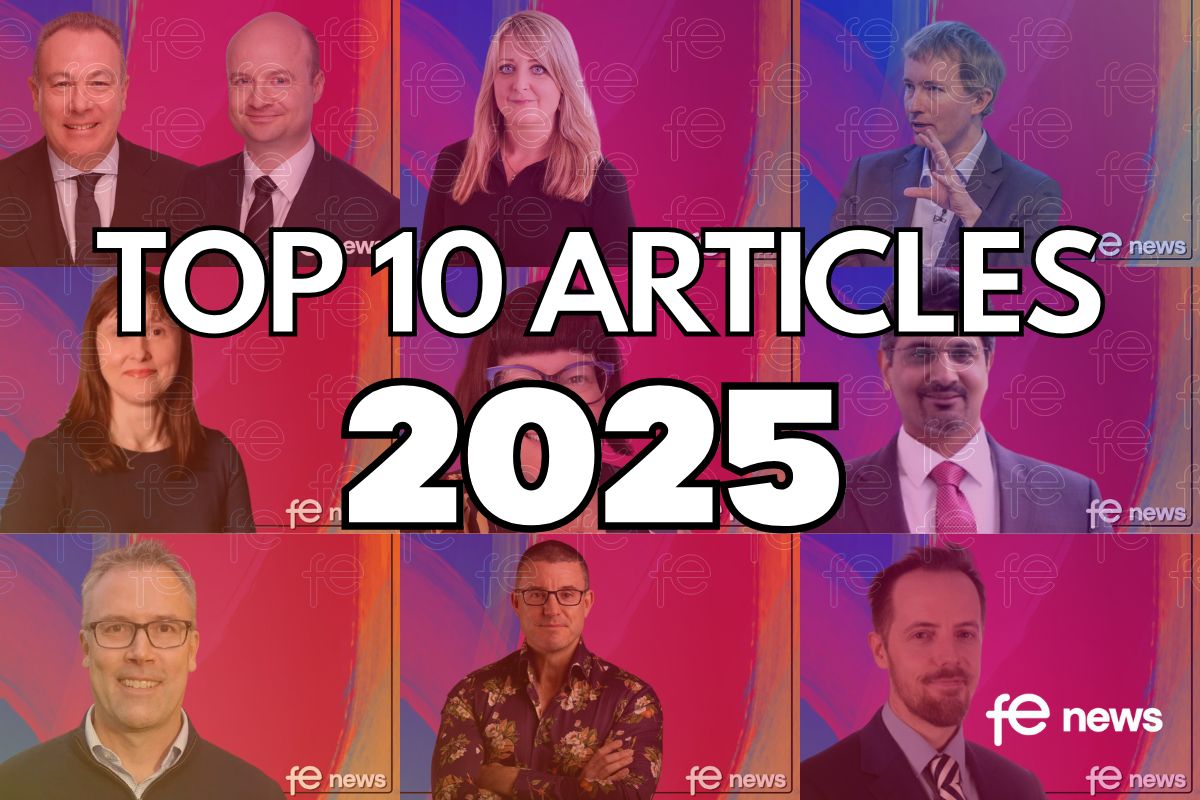

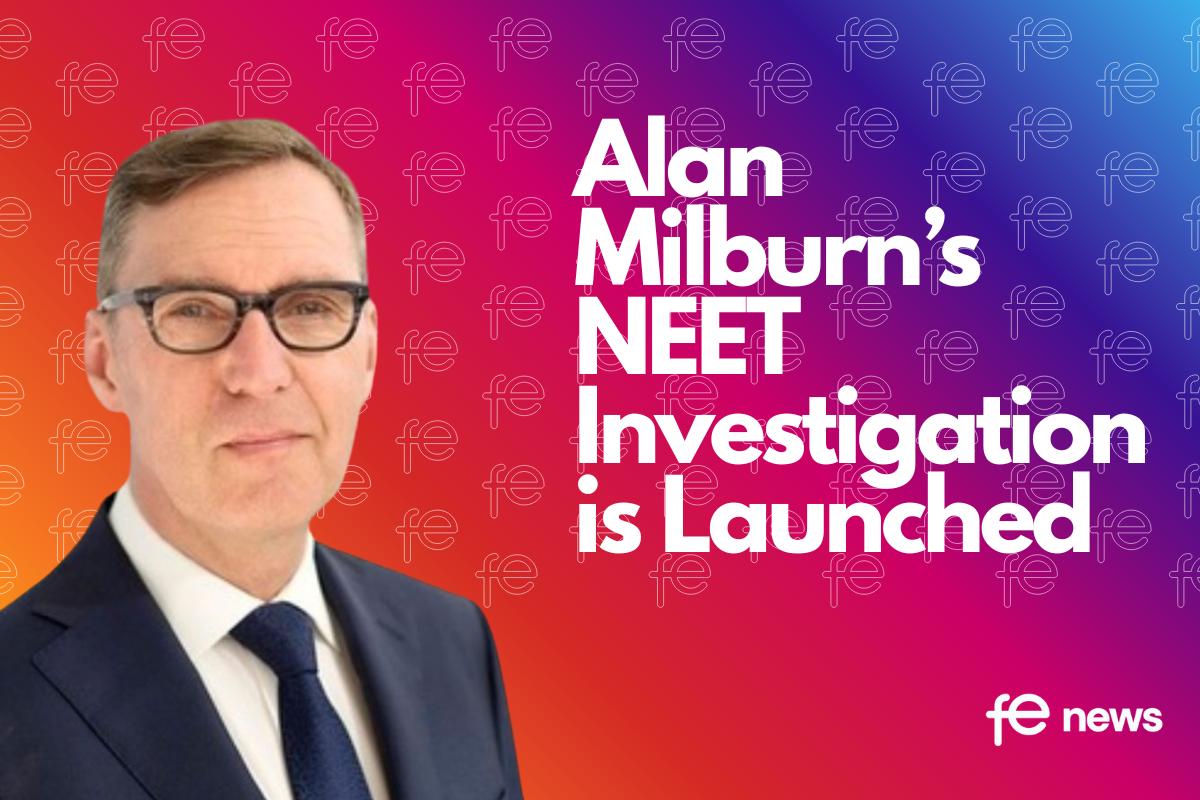
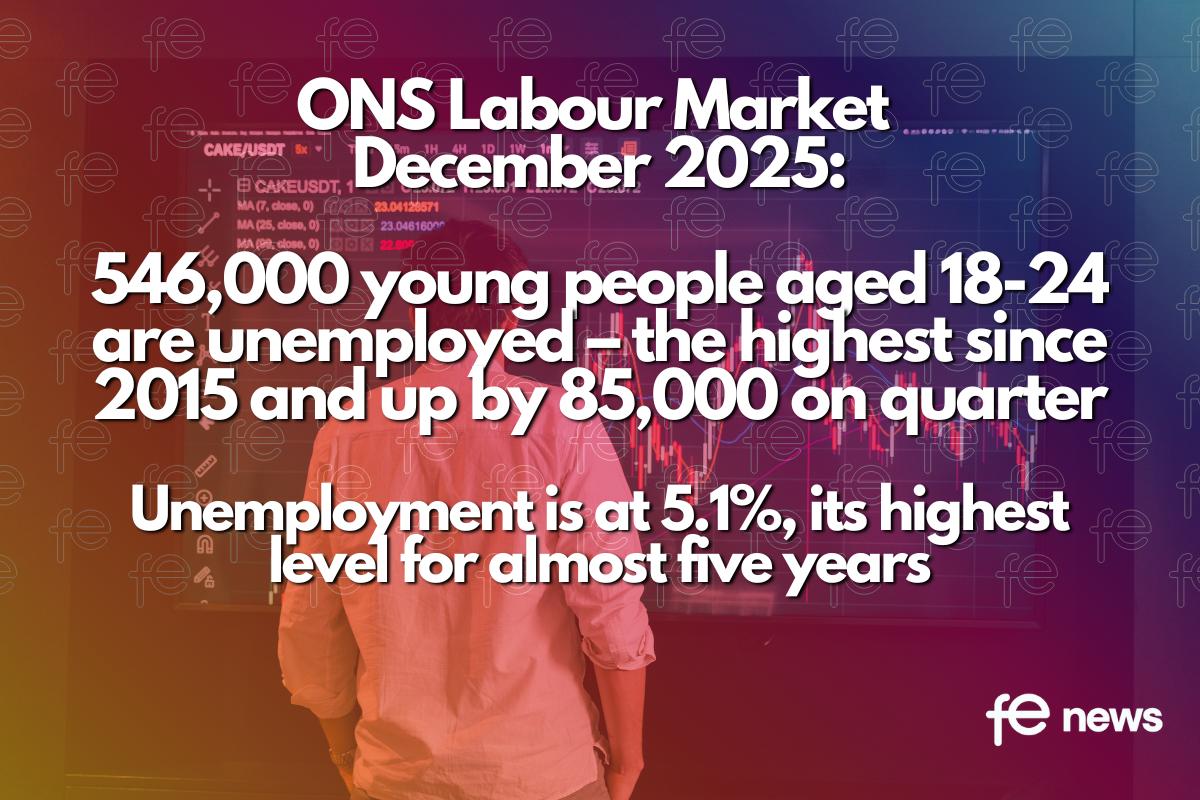
Responses